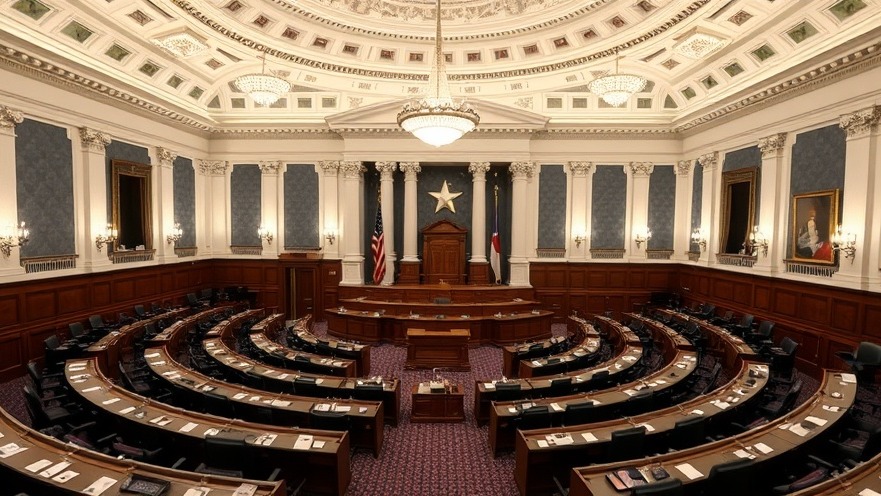
Texas Senate Proposes $8 Billion School Funding Bill
The Texas Senate recently announced a significant $8 billion school funding plan aimed at bridging the divide with the House's education funding proposal. This initiative is designed to support teachers and improve special education services. While the Senate's plan includes a long-term pay raise system for educators based on experience, its proposed $55 increase in base per-student funding falls short of the House's aspirations.
Details of the Senate's Education Funding Strategy
At the heart of the Senate’s strategy is its commitment to overhauling the education system’s existing funding framework. Senator Brandon Creighton, chair of the Senate education committee, expressed optimism that this plan, dubbed House Bill 2, represents a historic investment in Texas public schools. He emphasized that this financial package is set to support every district across the state, enhancing educational opportunities from Beaumont to El Paso.
Comparative Analysis: Senate vs. House Proposals
While both the Senate and House are pushing for an $8 billion funding increase, significant differences remain. House lawmakers proposed raising the basic allotment for public schools from $6,160 to $6,555 per student, alongside added funds for arts education and bilingual programs. In contrast, the Senate bill does not allocate funds for fine arts courses and lacks provisions for extending free prekindergarten to children with disabilities. These discrepancies underline the challenges faced by Texas legislators in harmonizing their funding approaches.
Concerns from Educators and Lawmakers
Many educators and lawmakers raised concerns during a recent public hearing regarding the Senate’s mandates, which could impose requirements on traditional public schools that do not apply to charter schools. Senator José Menéndez highlighted the inconsistency in labeling charter schools as public while exempting them from key educational mandates. This aspect brings to light the often unclear boundary between public and charter school responsibilities, especially in addressing the needs of untrained educators who may teach core subjects.
What This Means for Texas Schools
As the legislative session nears its end, both chambers must negotiate to finalize a deal that addresses the pressing needs of Texas schools. With various stakeholders—ranging from educators to parents—expressing varying viewpoints, the push for equitable educational funding remains at the forefront of the legislative agenda. With the session concluding on June 2, the urgency to finalize the funding plan is palpable.
Future Implications for Education in Texas
The ongoing negotiations and proposed bills indicate a transformative moment for Texas education. Policymakers' decisions in the upcoming weeks will likely reverberate throughout the state for years to come, impacting teacher salaries, special education funding, and the overall quality of education. As legislators gear up for potential compromises, the public can expect to see significant shifts in how Texas invests in its future generations.
Take Action: Stay Informed About Texas Education News
A comprehensive understanding of the proposed funding changes is crucial for Texas residents. Engaging with local news outlets and participating in public discussions can empower citizens to voice their opinions on educational policies. Follow developments in Texas education funding to stay informed and make your voice heard.
 Add Element
Add Element  Add Row
Add Row 



Write A Comment